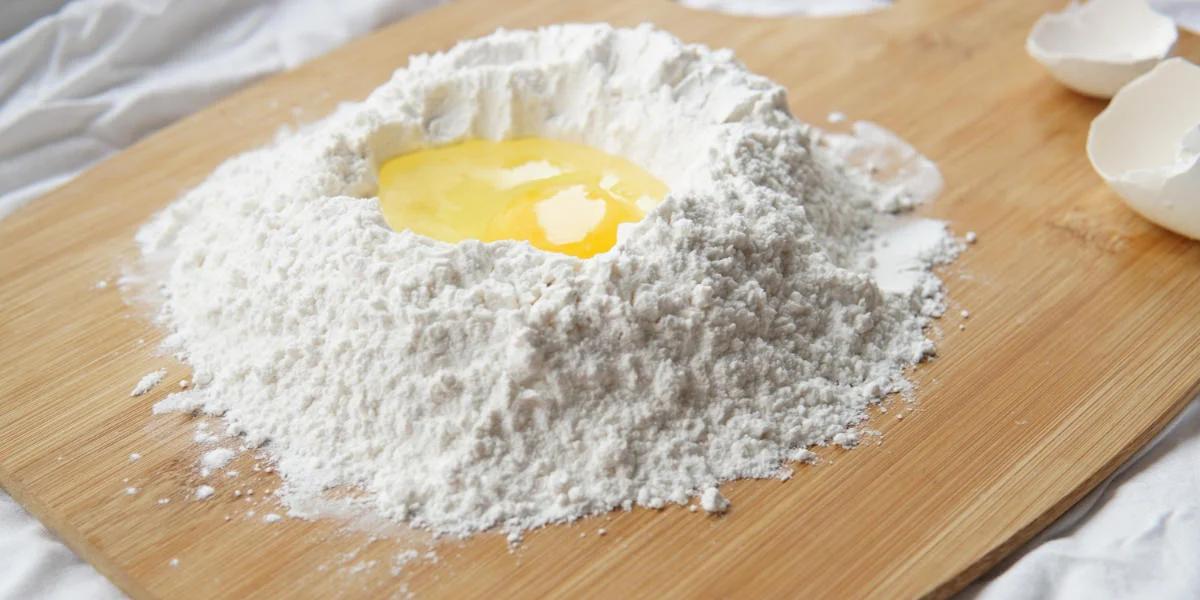Did you know there are a lot of gluten-free flour brands on the market? We’ve compiled a comprehensive list of the most popular gluten-free flour suppliers as well as their flour products and where you can find them.
If baking your own bread isn’t your thing, try one of these 13 Trusted Gluten-Free Bread Brands.
13 Best Gluten-Free Flour Brands
Please note that this gluten-free flour list doesn’t cover every gluten-free flour brand available. Instead, we’re focusing on the major brands that are the most well-loved and accessible in many areas. If you have a popular brand in your area and it’s not on our list, comment below! We’re always updating these product lists so they are relevant to you.
Gluten-Free Grubbin’ is supported by its readers. We may earn an affiliate commission at no extra cost to you if you buy through our links. We promise we’ll only share products that provide value to the gluten-free community.
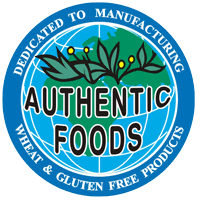
Authentic Foods
Authentic Foods focuses on offering gluten-free, wheat-free, nut-free, dairy-free, soy-free and non-GMO products.
Here’s a list of Authentic Foods gluten-free flour alternatives:
- GF Classical Blend (This product is not recommended for making bread)
- Steve’s GF Bread Flour Blend
- Steve’s GF Cake Flour
- Bette’s Featherlight Flour Blend
- Bette’s Four Flour Blend
- Multi-Blend Flour
- Almond Meal Flour
- Millet Flour
- White Sorghum Flour
Cross-Contact: All Authentic Foods products are created in a dedicated facility that is free from gluten. (Source: Authentic Foods)

Better Batter
Better Batter operates a manufacturing facility that’s free from the top 8 allergens, as well as artificial dyes and flavors. They claim that they “also track sulfites, mustard, and sesame.”
Here’s Better Batter’s gluten-free flour list:
- Original All Purpose Flour Blend
- Artisan Flour Blend
Cross-Contact: Their product facility is free from the top 8 most common allergens, which include wheat, eggs, tree nuts, peanuts, milk, soy, fish, and crustaceans/shellfish. (Source: Better Batter)
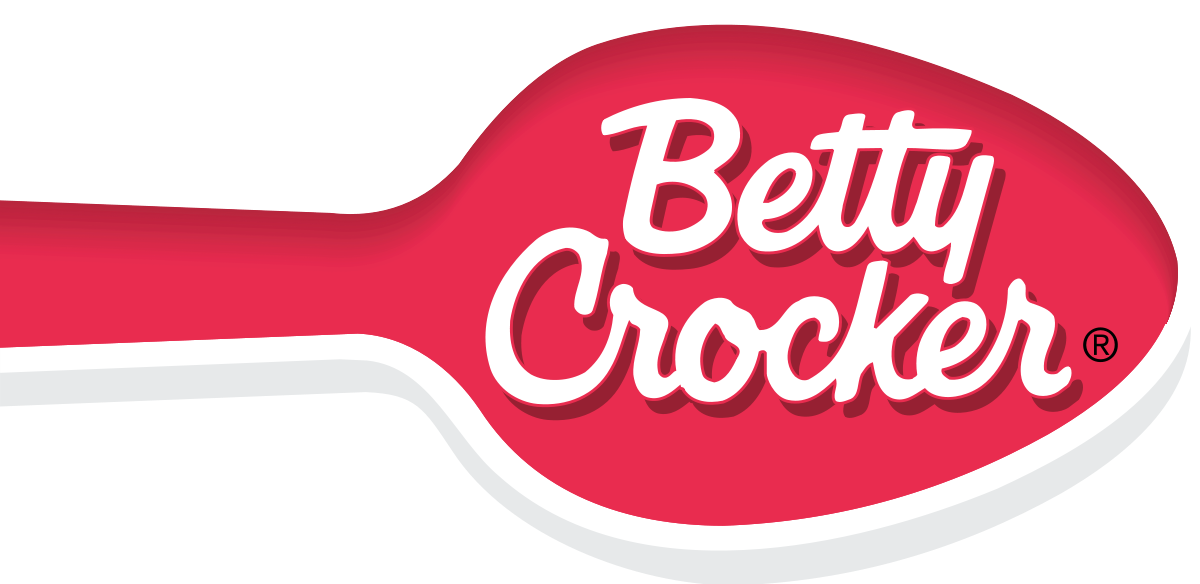
Betty Crocker
Betty Crocker is a well-known brand that traditionally makes gluten-containing products. However, they have tipped over into the GF industry by offering one gluten-free flour blend:
- All-Purpose Gluten Free Rice Flour Blend
Cross-Contact: Betty Crocker has no official statement about how they keep their flour blends safe from gluten cross-contact. Additionally, the Allergy Information tab on the product page for their all-purpose gluten-free flour says, “Information not available.”
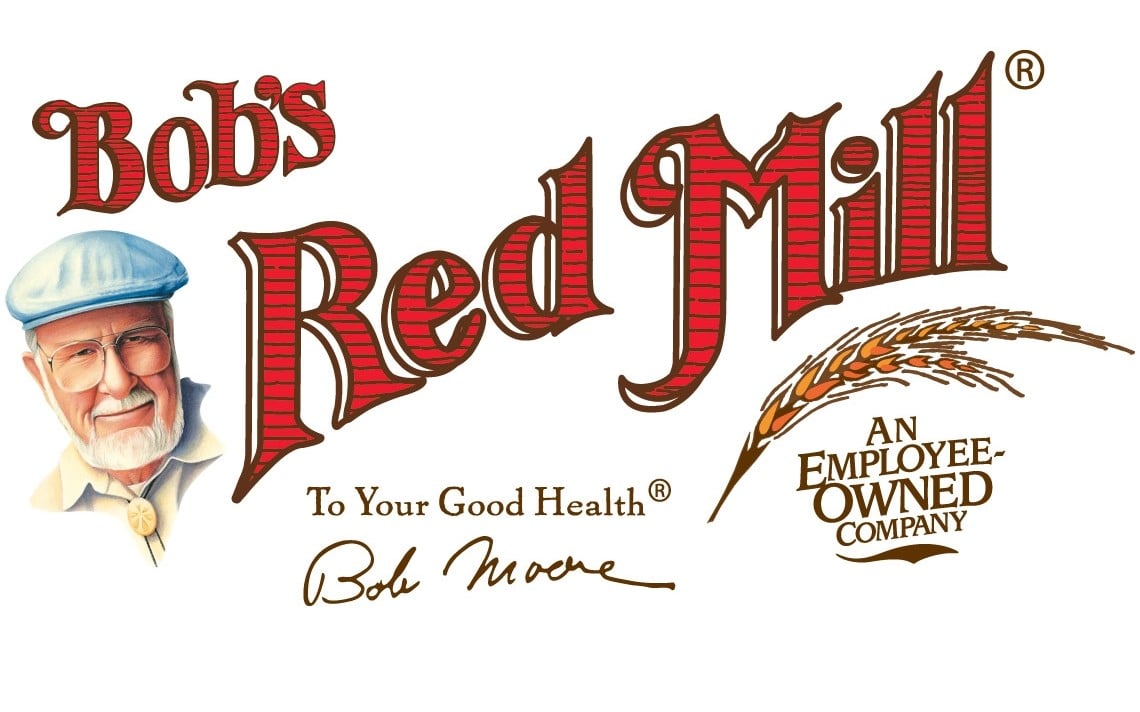
Bob’s Red Mill
Bob’s Red Mill is well-known for producing milled grain products that are natural, certified organic and gluten-free. However, not everything that Bob’s offers is gluten-free. Here are their flour blends to try:
- “00” Flour
- Brown Rice Flour (including organic)
- Cassava Flour
- Chickpea Flour (Garbanzo Bean Flour)
- Gluten Free 1-to-1 Baking Flour
- Gluten Free All-Purpose Baking Flour
- Gluten Free Corn Flour
- Gluten Free Oat Flour
- Hazelnut Flour
- Paleo Baking Flour
- Potato Flour
- Organic Amaranth Flour
- Organic Quinoa Flour
- Sorghum Flour
- Super-Fine Almond Flour
- Super-Fine Natural Almond Flour
- Tapioca Flour (Tapioca Starch)
- Teff Flour
- White Rice Flour (including organic and sweet)
Cross-Contact: Bob’s Red Mill gluten-free products are manufactured in a 100% gluten-free facility that is separate from where other gluten-containing foods are produced. ELISA Gluten Assay batch tests are performed in a quality control laboratory. The products that are deemed safe for people who need a gluten-free diet are marked with a red gluten-free logo.
The Gluten-Free Certification Organization has certified some of Bob’s Red Mill products, which are identifiable by the GFCO logo printed on the packages. However, none of the products on Bob’s Red Mill website currently contain the GFCO logo. (Source: Bob’s Red Mill)

Caputo
Caputo, a gluten-free flour brand imported from Naples, Italy, currently offers only two GF flour options:
- Caputo Fioreglut Dolci (ideal for sweet baked products)
- Caputo Fioreglut Pizza E Pane (ideal for savory baked products)
Cross-Contact: Caputo’s website doesn’t have any information on how they protect their manufacturing facilities from allergen cross-contact. When we learn more, we’ll update this page.
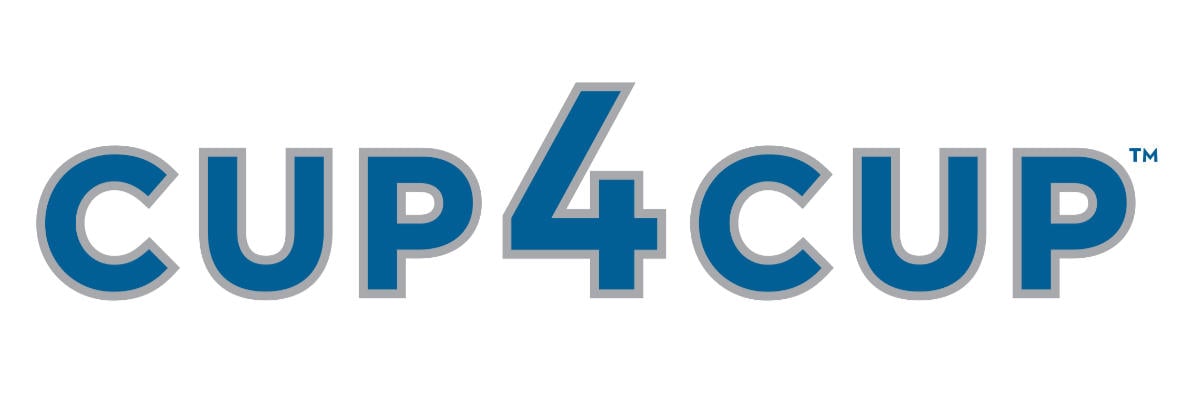
Cup4Cup
Cup4Cup gluten-free flour gets its name because it’s to be used as a one-to-one alternative to regular all-purpose flour. They offer products that are verified by the Non-GMO Project, certified Kosher by the Orthodox Union, and free from tree nuts, peanuts, and soy.
Here’s a list of Cup4Cup gluten-free flour substitutes:
- Cup4Cup Multipurpose Flour (not recommended for yeasted recipes)
- Cup4Cup Wholesome Flour
Cross-Contact: Cup4Cup gluten-free flour blends meet the strict standards to be listed by the GFCO as certified gluten-free. (Source: Cup4Cup)
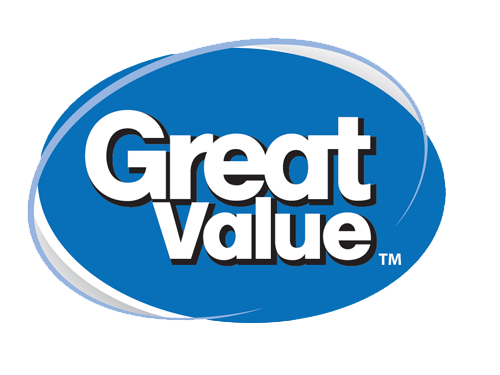
Great Value
Great Value is Walmart’s private-label grocery brand.
Here’s a list of Great Value GF flour options:
- Great Value Gluten-Free All-Purpose Flour
Cross-Contact: The company doesn’t have an allergen safety policy listed, so we reached out for clarification. We’ll update this article if we hear back.
Note, however, that the packaging for gluten-free flour from Great Value contains a GFCO certification.
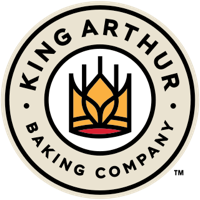
King Arthur Flour
King Arthur Flour is not an entirely gluten-free brand. However, it offers many flour blends and mixes that are safe for celiac and gluten-free diets.
Here’s a list of gluten-free flour King Arthur offers:
- Gluten-Free Measure for Measure Flour (KAF recommends not using this for yeasted recipes)
- Gluten-free All-Purpose Flour
- Paleo Grain-Free Measure for Measure Flour
- Gluten-Free Bread Flour
- Gluten-Free ’00’ Pizza Flour
- Almond Flour
Cross-Contact: King Arthur packages their gluten-free flour mixes in a certified gluten-free facility. Most of their flour blends have a GFCO certification on the label, but the gluten-free bread flour and gluten-free pizza flour do not at the time of this posting. (Source: King Arthur Flour)
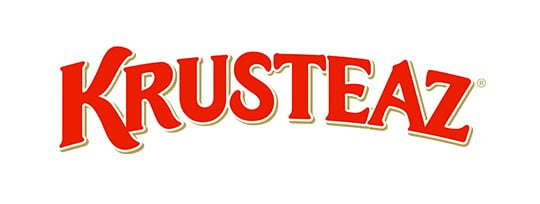
Krusteaz
Krusteaz is most known for its pancake and muffin mixes, but they also offer a blend of brown rice flour and whole grains:
- Gluten Free All-Purpose Flour
Cross-Contact: Krusteaz doesn’t list a gluten cross-contact policy on their website, so we contacted them to find out more. A rep stated that their gluten-free mixes are made in a separate facility from the regular mixes and on a certified gluten-free production line. Additionally, Krusteaz gluten-free products carry the certified gluten-free seal. (Source: Krusteaz)
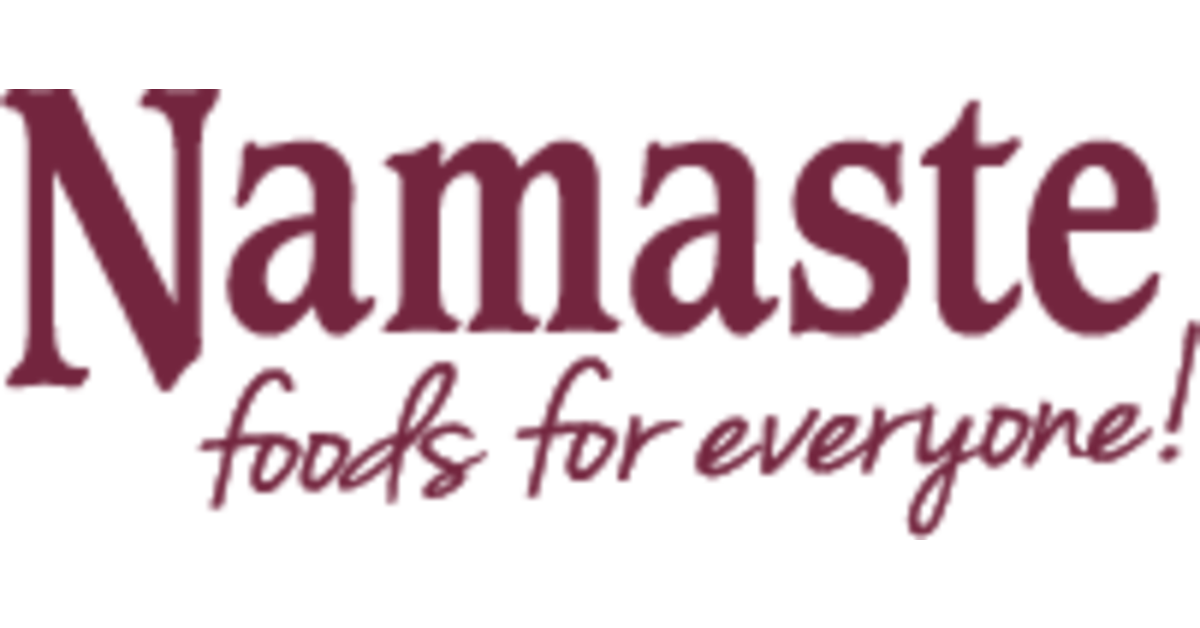
Namaste Foods
Namaste Foods is a brand similar to Krusteaz in that they offer an assortment of baking mixes and flour (including organic options).
Here’s a list of gluten-free flour that Namaste offers:
- Perfect Flour Blend
Cross-Contact: The GFCO certified Namaste Foods’ dedicated gluten-free facility. Moreover, Namaste’s suppliers must provide non-contamination certificates. Namaste Foods also uses ELISA gluten testing to ensure that their products come in at less than 10 ppm. (Source: Namaste Foods)

Pillsbury
Pillsbury is most known for its ready-to-bake options (gosh, I miss their biscuits) that are most definitely not safe for celiacs. However, they have started offering more GF products over the years.
Here’s a list of Pillsbury gluten-free flour options:
- Pillsbury Best Gluten Free All Purpose Flour Blend
Cross-Contact: Pillsbury’s website doesn’t contain a statement about how they keep their baking mixes free from gluten. We contacted the company to learn more, so we’ll update this article if they email us back. (Pillsbury was the only gluten-free flour brand to not email us back within a few days.)
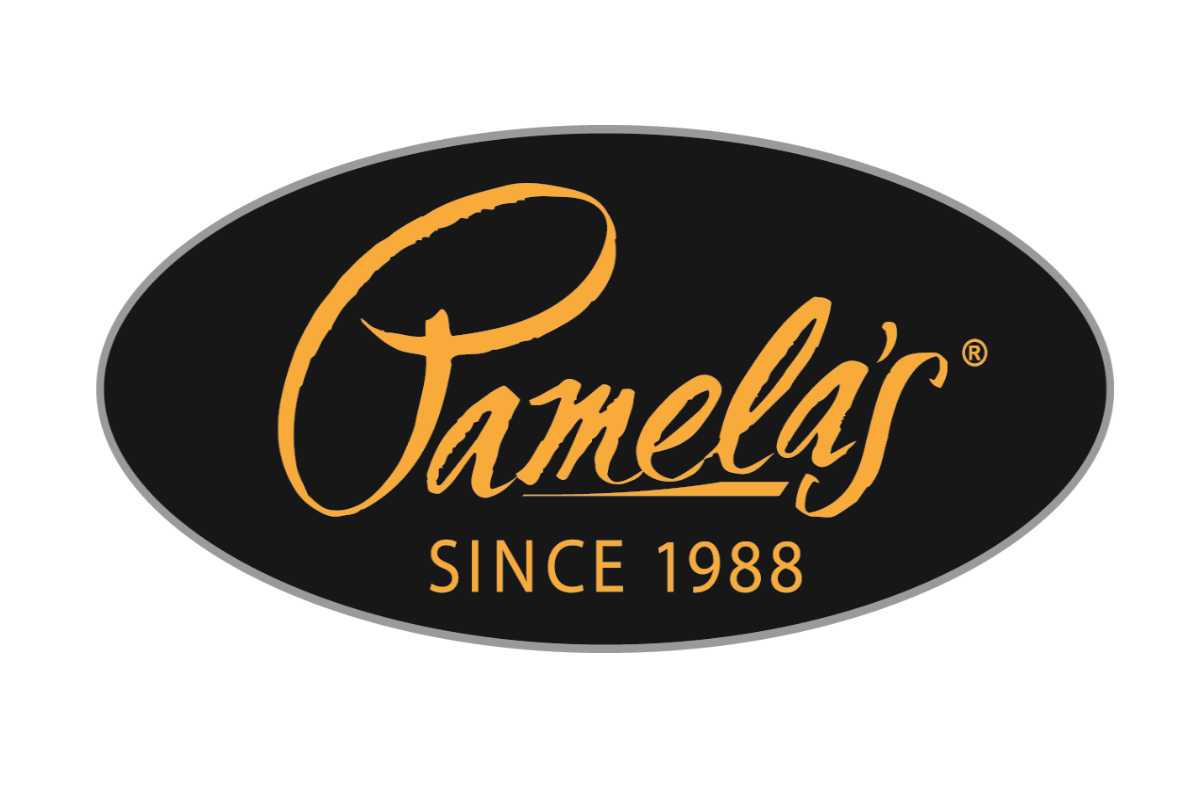
Pamela’s
Pamela’s is primarily a gluten-free brand, but they also offer products that are paleo and dairy free.
Here’s a list of Pamela’s gluten-free flour options:
- All-Purpose Flour Mix
- Organic Cassava Flour
- Organic Tiger Nut Flour
- Organic Coconut Flour
- Almond Flour
Cross-Contact: Pamela’s flour mixes are produced in a certified gluten-free facility. They also do a frequent swab test to make sure gluten hasn’t gotten in. (Source: Pamela)
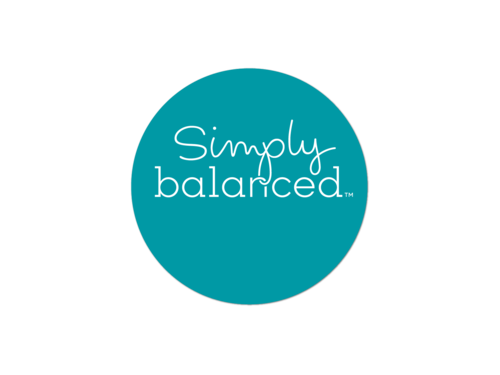
Simply Balanced
Simply Balanced is Target’s private-label grocery brand.
Here’s a list of gluten-free flour Simply Balanced offers:
- Simply Balanced Gluten Free Flour Blend
Cross-Contact: This Target-original carries a GFCO certification on its packaging. (Source: Simply Balanced)
Where To Buy: This GF flour blend is only available at Target, and you can purchase it online.
What To Look for When Using Gluten-Free Flour
When choosing between different gluten-free flour brands and blends, consider what you want to use the flour for. This matters because not all flours are created equal. You may use that all-purpose flour to make fluffy muffins but quickly find out that it ruins your pizza crust. Here are some things to look for when choosing gluten-free flour.
Binding Agents
While traditional flour relies on gluten to help hold baked products together, gluten-free flour must rely on binding agents. Some of the most popular types of binding agents are guar gum, xanthan gum, ground flax seeds and psyllium husk powder. If the flour doesn’t already have a binding agent, you will need to add one to your recipe.
Protein
If you want to make a light and airy cake or a soft, sweet bread, avoid gluten-free flour blends with a lot of added protein in them. Similar to gluten, the added proteins enhance the product’s structure, making it stronger, denser, and chewier. Examples of proteins to look for include sorghum flour, chickpea flour, teff flour, amaranth flour, glutinous rice flour, and whey protein isolate.
Bean Flours
Bean flours are often used in gluten-free flour blends because they offer a lot of protein and are very smooth, which helps prevent grittiness in the final product. However, their flavor can be quite strong, and you might notice a bitter aftertaste with them. Because of its flavor, bean flour is best used in savory products with other strong flavors that can better work with the beany taste.
While there are no right or wrong flours in gluten-free baking, some flours will better suit your needs than others. Plus, choosing the best gluten-free flour brand for your needs will ensure you always end up with the best product possible.
Gluten-Free Flour FAQ
What flours are gluten-free?
The following brands have gluten-free flours:
- Authentic Foods
- Better Batter
- Betty Crocker
- Bob’s Red Mill
- Caputo
- Cup4Cup
- Great Value
- King Arthur Flour
- Krusteaz
- Namaste Foods
- Pillsbury
- Pamela’s
- Simply Balanced
Can celiacs eat flour?
Yes, celiacs can eat flour as long as it’s not made with wheat, barley, rye, or triticale. If you have celiac disease, you’ll be safest sticking to flour alternatives made from ingredients such as rice, potato, tapioca, almonds, or sorghum.
Can gluten-free flour go bad?
Yes, gluten-free flour can go bad. It tends to have a higher fat content than traditional flour and usually only last three to six months on the shelf. If you don’t anticipate that you’ll use your flour quickly, you can store it in the fridge to help extend its life.
Can gluten-free flour be substituted for all-purpose flour?
You can easily substitute gluten-free flour in most baked goods. However, if you’re making something that needs a lot of structure, such as bread or dinner rolls, you’ll want to ensure you use a gluten-free bread flour blend.
Can gluten-free flour be used as a thickener?
As with regular flour, gluten-free flour does a great job as a thickener in soups, sauces, and gravies. You can use it in the same quantities that you would regular flour.
What gluten-free flour is best for cakes?
We have found that the following brands offer the best flours to make gluten-free cake:
- Better Batter
- Bob’s Red Mill
- Cup4Cup
- Great Value
- King Arthur Flour
Will gluten-free flour rise with yeast?
As with regular flour, gluten-free flour will not rise on its own. However, gluten-free flour has no issue rising when used with raising agents, such as yeast, baking powder, and baking soda.
Choose Gluten-Free Flour Brands With Confidence
We hope you find this guide of gluten-free flour brands and their products helpful. If you’ve used any of these gluten-free flour mixes and want to share your feedback, we’d love to hear from you!
Go get your grub on!

